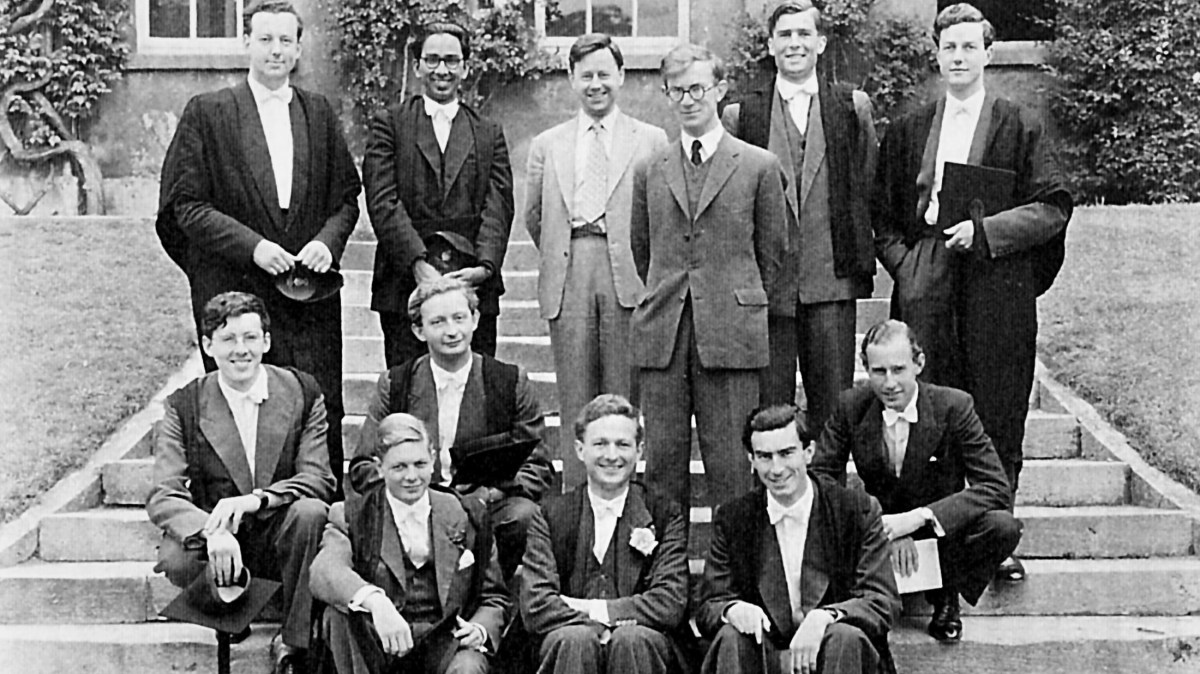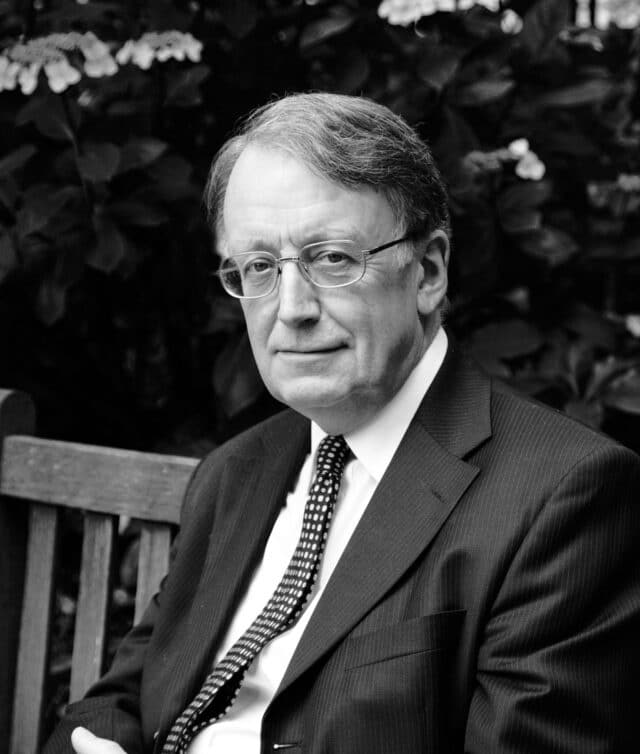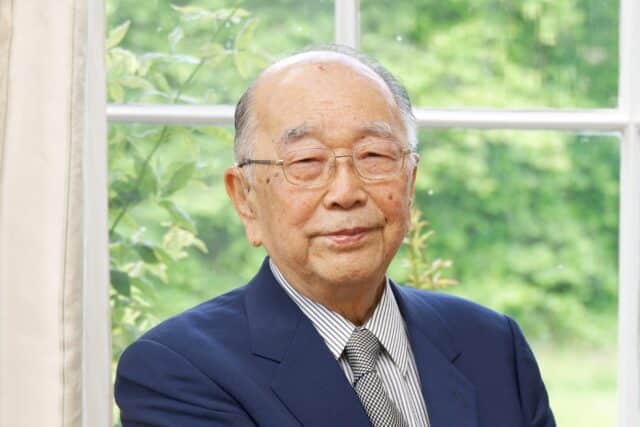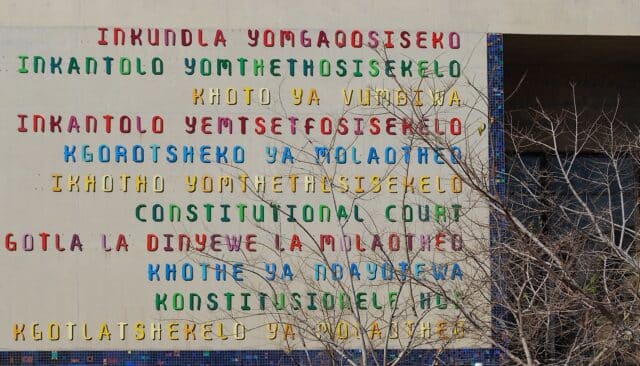Professor James Campbell remembered

07th June 2016
Professor James Campbell remembered
James Campbell, who died on 31 May, was one of the most distinguished and influential historians of his generation.
A polymath, with an astonishing knowledge of an extraordinary range of subjects and a taste for the recondite and the bizarre, he started research on the Anglo-Scottish border in the fourteenth century, but his most abiding love was the history of Anglo-Saxon England, its economy, institutions, and its great historian, Bede.
James had a very distinctive cast of mind. In some ways, he was highly conservative. Indeed, he had such a penchant for discerning enduring patterns and for questioning change that he had been heard to wonder how, if pressed, he could explain the emergence of such new-fangled things as railways or the water-closet. On the other hand he had an equally strong instinct to ask the subversive question, often with irony and wit, generally without cynicism, and never with malice. Essentially a shy man, he was nevertheless a great talker and controversialist, who dearly loved an argument. Ready to espouse a position on almost any subject and unfettered by any desire for overarching consistency, he summoned his formidable learning to the aid of ethe most unlikely causes. To be in his company was to be constantly surprised and stimulated.
A highly collegial man, he was devoted to Worcester; he played a very full part in college life and taught its historians with his modernist colleague Harry Pitt, in a long and fruitful partnership that lasted some thirty years. As a bachelor until late in life, he lived in college until his retirement, together with a succession of cats, including the celebrated (though to many unattractive) Frideswide. For long occupant of a set in the main terrace that included a grand room overlooking the quad and appropriately dominated by an immense Georgian bookcase, after Harry’s retirement he moved to the latter’s delightful and much-loved rooms in the Cottages.
Born on 26 January 1935 in Cheltenham, James was brought up by his maternal grandparents who came from Norwich but later settled in Lowestoft. Having been evacuated to the mining village of Clowne in Derbyshire during the Second World War, he returned in 1945 to continue his education at what was then Lowestoft Municipal Secondary School but was shortly to become Lowestoft Grammar School. This East Anglian background meant much to him throughout his life and he made distinguished contributions to the region’s history, focused especially on the early Anglo-Saxon kingdom, the east-coast herring trade, and medieval Norwich; the award of an Honorary DLitt by the University of East Anglia in 2006 gave him especial pleasure. James’s poor eye-sight rendered him ineligible for military service, so from Lowestoft in 1952 he went up to Oxford, to Magdalen College, where he was an Exhibitioner from 1952 to 1955, taught by Bruce McFarlane, Karl Leyser, and Alan Taylor, and where in 1954 he was co-winner, with Keith Thomas, of the Gibbs scholarship in history (then awarded by examination at the beginning of the final year). As a postgraduate at Magdalen he embarked upon research into the Scottish borders in the late fourteenth century, supervised initially by Vivian Galbraith, then Regius Professor, and later (more satisfactorily) by May McKisack. In 1956 he became a Junior Research Fellow at Merton, and in 1957, a tutorial Fellow of Worcester, at the remarkably youthful age of 22. He remained thereafter at Worcester for his entire professional career, serving as Fellow Librarian (1977-2002), Senior Tutor (1989-93), and professorial Reader (1990-6). Much to his surprise and delight, he was elected a Fellow of the British Academy in 1984 and he delivered London’s Creighton Lecture in 1995 and Oxford’s the Ford’s Lectures in 1996. He also served as Senior Proctor in 1973-4, a year notable for student unrest at the university which James and his colleague Gary Bennett handled with firmness, considerable adroitness, and even at times a certain relish.
James’s publications were substantial and would have been much more so had not his perfectionism in crafting his always lucid and highly style of individual writing ensured that much finished work remained, alas, in manuscript. His most characteristic vehicle was the article, often of deceptively modest titling, but nevertheless proving more influential than many a book. James’s first major publication was in 1965 on England, Scotland and the Hundred Years War, based on research for his never-completed doctoral thesis. But his appointment to Worcester ensured that he started to teach the preliminary paper on Bede and diverted him to what was to become one of his most enduring scholarly interests initially expressed in two deservedly famous papers of the 1960s which remain fundamental to our understanding of the subject to this day. They established once and for all that Bede, so often seen as dispassionate and objective, was a man of his time with complex agenda in his historical writing. Both pieces were marked with James’s characteristic penetrating intelligence and by a certain understated irony. While James undoubtedly had immense respect for Bede’s intellect, he was never unduly reverential in his attitude to the monk-scholar of Jarrow. James went on to publish two highly innovative and influential articles in the Ampleforth Journal, both offering a highly innovative reassessment of the nature of the early English Christianity, stressing its complex interaction with churches on the continent and with the Roman past. Thereafter he co-edited and co-wrote with Patrick Wormald and Eric John, The Anglo-Saxons (published in 1982), a volume which was intended by the publisher for the general reader but which in fact became – and has remained – the standard work on the subject for undergraduates and scholars alike.
By 1980 the early English state had become a major focus of his interests, and his views on the complexity, sophistication, and exceptional longevity of its institutions made a major impact, continuing to dominate discussion to this day. They reached a definitive expression in his remarkable Ford lectures, ‘The Origin of the English State’, most regrettably as yet unpublished. Alongside and linked with this was an abiding interest in the English shires and in English topography. Indeed, he had a lecture on the history of the English shires that in the 1990s he delivered, with appropriate adaptations, in a number of counties, at least two versions of which were published by the relevant local authorities.
James was a great and inspiring teacher, though perhaps (understandably) at his best with the most committed. In the days when undergraduates read out their essays at tutorials, he had the knack of listening while appearing not to – disappearing from the room, fiddling with his pipe and smoking paraphernalia – and then disconcertingly offering a summing up which did far more than justice to what had been offered. As so many grateful pupils have wondered, could one really have been as clever as that? The great affection and loyalty that he elicited from his pupils was apparent in the appreciations offered in the Festschrift with which he was presented in 2000 and which was focused, most appropriately, on the medieval state.
James retired from full-time teaching in 1996 but remained active in the college continuing to serve as Fellow Librarian until 2002. His later years were greatly enriched by his relationship with Bärbel Brodt, who came to Worcester in 1987 as a young postgraduate from Münster to research medieval East Anglia, and whom he married in 2006. James’ and Bärbel’s many friends enjoyed lavish hospitality and the attention of two very characterful cats in their book-crowded house in Witney. Latterly, James was dogged by serious ill-health, which with Bärbel’s devoted help he faced with enormous courage, spirit, and determination. His great powers of conversation and of argument remained unimpaired and vigorous discussions continued to entertain all who came; he also continued to research and write, contributing to the history of the college published in 2014 and at the time of his death having almost completed a book on Edward the Confessor. Despite by then having to use a wheel chair, in 2015 he came to the celebrations for his eightieth birthday and, much moved, made a spirited speech. Bärbel’s sudden and wholly unexpected death in October of that year came as great blow but was faced with immense fortitude, sustained by his increasingly strong links with his local Anglican church at Cogges, whose soberly Protestant and Prayer Book early Communion was much to his taste.
Alan Thacker
3 June 2016











